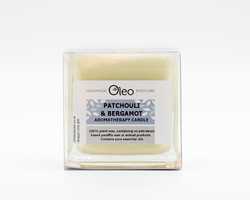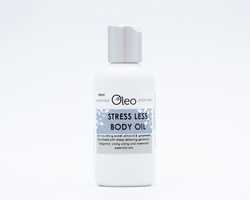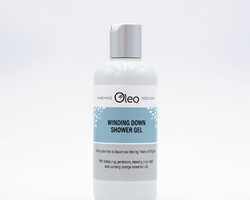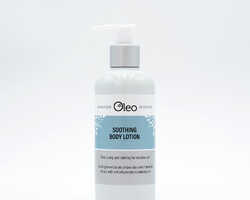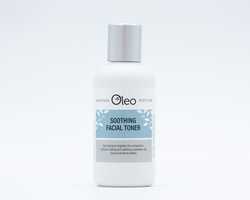Dealing with Stress

When was the last time you said you were stressed? Today? Last week? A month ago? Or all of the time?
Stress has become a ubiquitous part of our world these days. Longer working hours, being constantly connected to emails and/or social media, financial uncertainty is everywhere and the world is, well, a little messy.
What is stress?
Perhaps we should distinguish between positive stress and negative stress (or distress).
Positive stress is when you perceive a stressful situation as an opportunity that will lead to a good outcome. This positive expectation is in contrast to negative stress when you perceive a stressor as a threat that will have a poor outcome.
Positive response to a stressor motivates you to deal with a challenge or accomplish a task. It helps you face what you have to face or fix what you have to fix. In the end, positive stress can lead you to feelings of satisfaction and accomplishment, well-being and wholeness.
With a negative stress or distress perception of a stressor, your response may be one of increased anxiety, fear and despair. This can result in chronic stress, anxiety, depression and physical illnesses.
When you become stressed, the brain undergoes chemical and physical changes that affect its overall functioning. During periods of high stress, certain chemicals within the brain, including dopamine and norepinephrine, begin to rise, causing larger amounts of these and other "fight-or-flight" hormones such as adrenaline to be released by the adrenal glands. The release of these chemicals contributes to certain physiological effects, including rapid heart rate, higher blood pressure and a weakened immune system. When left unmanaged over time, chronic stress can lead to the development of other serious problems, such as stomach ulcers, stroke, asthma, heart disease and possibly some cancers.
HOW TO DEAL WITH STRESS
With this is mind, let's look at some positive strategies for managing negative stress -
- Exercise - getting your heart pumping releases endorphins, which are "feel good" hormones that may greatly reduce your stress and improve your mood.
- Proper nutrition - making sure that you are eating a balanced diet featuring healthy, whole foods and avoiding heavily processed foods is an important key to effective stress management. Make sure you are hydrated by drinking plenty of water as well.
- Pursue a hobby - spending time engaged in an activity that you enjoy, but that is not directly related to your day-to-day responsibilities. Set aside time to allow yourself to pursue your passions as a way of relaxing.
- Mindful meditation - meditation involves using your mind to slow down your physiological responses. Engaging in this practice can teach you how to clear your mind and train your muscles to relax and slow down your heart rate and bring down blood pressure
- Visualization - stop what you are doing, close your eyes and let your mind go blank. Picture yourself in an environment that is relaxing to you, such as sitting on the beach or floating in a swimming pool. Allow relaxation to take over before you open your eyes.
- Deep breathing - remove yourself from the crisis as much as possible and count down from 10, slowly. As you count down, take a deep breath in and out, as deeply as possible on both the inhale and exhale.
- Repeating mantras - Think of something motivating or inspiring and repeat this to yourself whenever you feel yourself losing control. Mantras can be anything meaningful to you.
- Listening to music - you can listen to either guided relaxation CDs, soothing music, or another type that goes along with how you are feeling. Listening to music is cathartic and can help you relieve some of the anxiety you feel.
- Take a break - allow yourself to take a break when you feel overwhelmed. Instead of pushing yourself, take a walk or do something else you enjoy. You will feel refreshed and ready to take on so much more when you return.
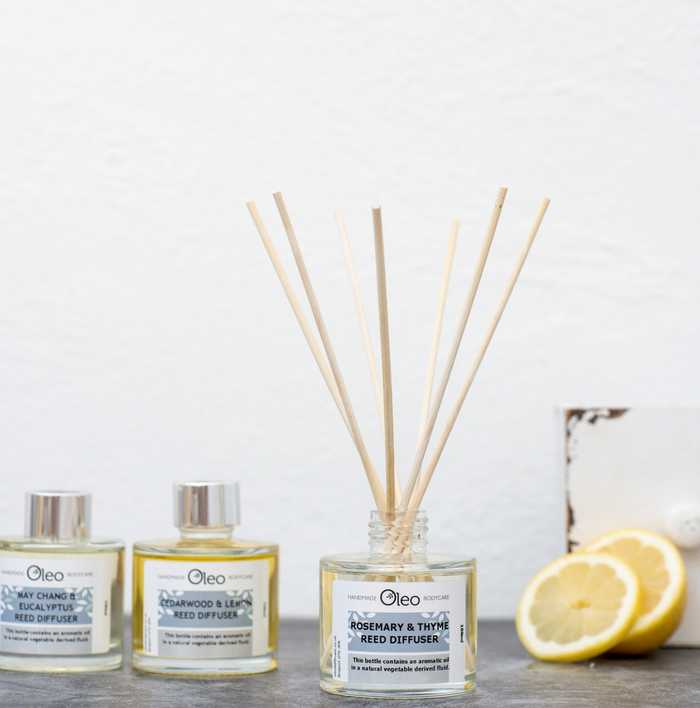
AROMATHERAPY & STRESS
Not surprisingly, one of my favourite strategies for combating stress is by using aromatherapy. There are several ways in which essential oils can be used to help the negative effects of stress.
Try having a relaxing aromatherapy massage. The combination of the smell of essential oils, the absorption of the oils into the skin, and a tissue massage can help chase away even the most stubborn muscle tension and stress from the body.
In addition to relieving stress, it is believed that aromatherapy can help to boost the body's immunity. As stress can make you vulnerable to illness and aromatherapy can help to strengthen the body's immune system by stimulating chemicals in the brain that can help to fight off infection.
Aesthetic aromatherapy is the use of essential oils in skin/body care products, in diffusers, candles and in burners. Fortunately, here at Oleo we produce a top-to-toe range of products using 100% pure essential oils. You could opt for a relaxing bath with our Before Bed Bath while burning our beautiful Patchouli & Bergamot Candle, a calming shower with the best-selling Winding Down Shower Gel or gently massage some award-winning Stress Less Body Oil to ease your tension.
Since aromatherapy employs the use of scent to affect how people feel, you may be wondering how this works on the body. When we inhale air that is infused with essential oils, it goes to the roof of our nose. Olfactory receptors in the nose then transport the information to the limbic system. The limbic system is where our emotions are processed. One reason it is believed that aromatherapy can be helpful, especially when treating stress, is that it stimulates the release of certain chemicals in the brain that can help people relax. This is why aromatherapy can help to relieve stress.
STRESS AND YOUR SKIN
We know that environmental factors like sun damage and lifestyle choices such diet play a role in skin health, but there is some research demonstrating that psychological stress is a factor in skin ageing.
When we are stressed, there are a number of ways our body responds that affect the skin. The brain triggers the release of adrenaline, which contributes to the "fight-or-flight" response and can lead to decreased blood flow to the skin, altered immune and inflammation functions and changes in collagen production. Stress is also known to exacerbate skin problems like acne, eczema and psoriasis. Long-term chronic stress has even been shown to stimulate DNA damage and prevent DNA from repairing itself, which could have serious consequences for the skin.
The Oleo range is formulated to treat you holistically. For example, our Soothing Body Lotion with lavender and chamomile essential oils, not only soothes you psychologically, but the topical application can also calm inflamed skin conditions.
Likewise, our ever popular Replenishing Facial Moisturiser, infused with calming rose and angst-reducing neroli essential oil will help to treat both your skin and your emotions.
It took a while for you to get to your current stress level. This means it's going to take you a while to get it back down again. Try to incorporate the suggested strategies into your life and you will start to see some improvement in how you feel. You will start to feel better physically, your skin will thank you, and you'll feel like you can finally handle what life has in store for you.
Posted by Olivia Chapman on August 14th 2021

